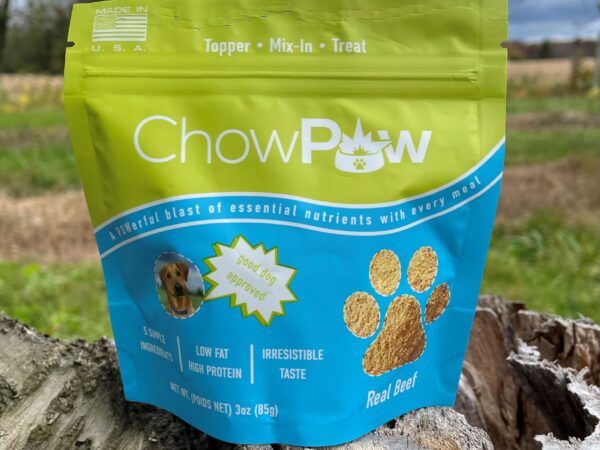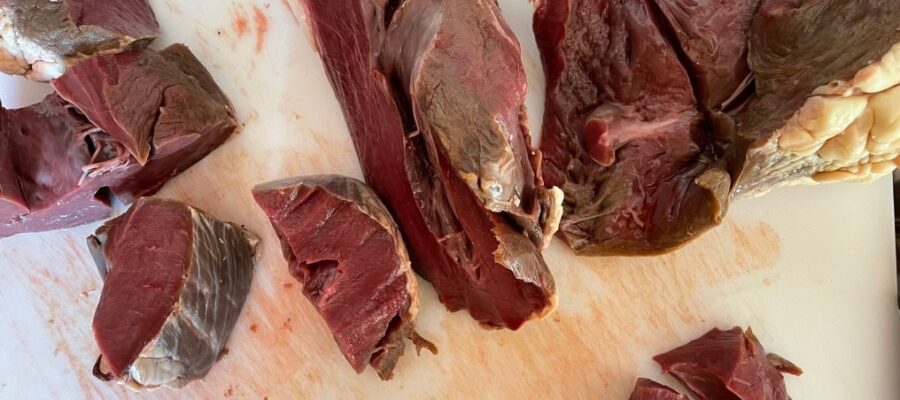
Best Foods for Dogs with Allergies: Finding Relief from Itchy Paws and Upset Stomachs
Food allergies can make life ruff for our canine companions. Itchy skin, digestive upset, and constant discomfort – it’s enough to make any dog owner’s heart ache. If your pup suffers from allergies, choosing the right food is key. Let’s explore the best foods for dogs with allergies, how to navigate ingredients, and tips for managing this common issue.
Understanding Food Allergies in Dogs
Food allergies in dogs occur when their immune system mistakenly identifies certain food proteins as a threat, leading to unpleasant reactions. Common culprits include:
- Animal Proteins: Beef, chicken, dairy, eggs
- Grains: Wheat, corn, soy
- Additives and Preservatives: Found in some processed dog foods
Symptoms of Food Allergies
Watching out for these signs can help catch allergies early:
- Itchy Skin: Excessive scratching, biting, licking paws
- Skin Infections: Redness, rashes, hair loss
- Digestive Issues: Vomiting, diarrhea, gas, bloating
- Ear Infections: Recurrent inflammation and discharge
Diagnosing Food Allergies: Working with Your Vet
It’s crucial to get a professional diagnosis from your veterinarian. They will guide you through these steps:
- Medical History & Exam: Ruling out other health conditions
- Elimination Diet Trial: Feeding a diet with limited ingredients for several weeks to identify triggers
- Allergy Testing: May be helpful in some cases but not always definitive
Choosing the Best Foods for Dogs with Allergies
Once you know your dog’s allergy triggers, finding suitable food becomes easier. Here’s what to look for:
- Novel Protein Source: Choose a food containing a protein your dog hasn’t eaten before, such as beef heart, venison, rabbit, or duck.
- Hydrolyzed Protein: Proteins broken down into smaller fragments that are less likely to trigger allergies.
- Limited Ingredient Diets (LIDs): Fewer ingredients minimize exposure to potential allergens.
- Grain-Free Options: Useful if your dog has a grain allergy. Learn more about the pros and cons of grain-free diets.
- High-Quality Ingredients: Look for whole-food sources and avoid artificial additives.
What About Eggs for Dogs with Allergies?
While eggs are nutritious, they are also a common allergen for dogs. Here’s the breakdown:
- Benefits of Eggs: Eggs provide a rich source of protein, vitamins, minerals, and healthy fats.
- Allergy Concerns: Some dogs are allergic to the proteins found in eggs.
- Introducing Eggs: If your dog DOESN’T have an egg allergy, they can be a healthy addition. Offer them cooked to reduce bacteria risk.
Related Article: Can Dogs Eat Raw Eggs?
FAQs About Feeding Dogs with Allergies
- Is homemade food better for dogs with allergies? It can be, but it requires careful planning to ensure nutritional balance. Consult with your vet or a pet nutritionist.
- How long does it take to see improvement on an allergy diet? It can take several weeks or even months to see significant improvement as allergens leave your dog’s system.
- Can food allergies be cured? Unfortunately, no, but they can be successfully managed through the right diet.
Additional Tips for Managing Dog Allergies:
- Treats Matter: Choose allergy-friendly treats that align with your dog’s elimination diet.
- Be Patient: Finding the right food may take some trial and error.
- Environmental Allergies: Consider if allergies might have a seasonal component, indicating pollen or other outdoor triggers.
- Work Closely with Your Vet: They are your best partner in managing your dog’s overall health.
Conclusion
Don’t let food allergies dim your dog’s sparkle! With the right food, careful management, and your veterinarian’s guidance, your furry friend can thrive. Choosing the best foods for dogs with allergies empowers you to give your pup the happy, healthy, and itch-free life they deserve.






